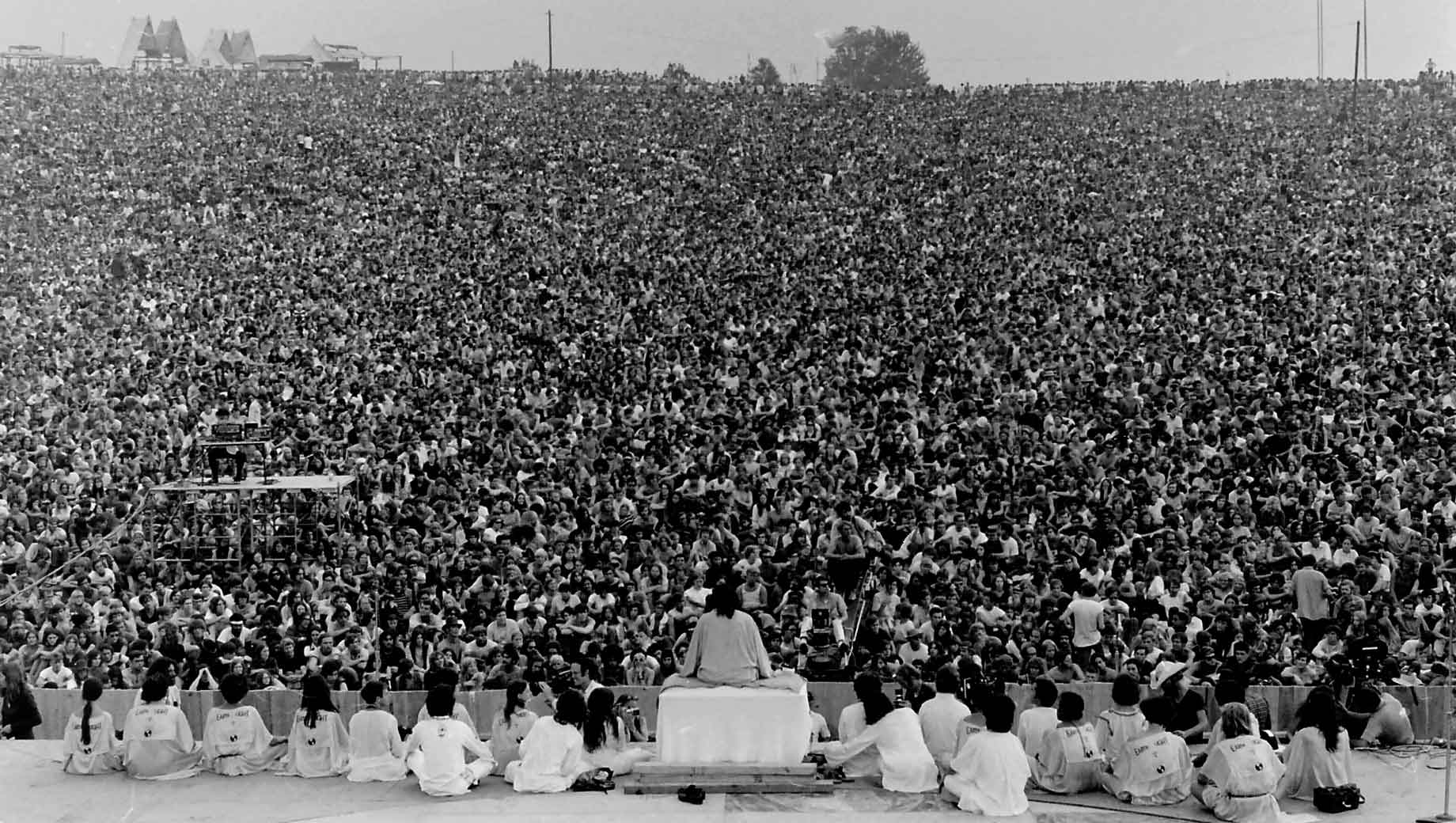This content explores 10 controversial political policies that significantly impacted history. From the disastrous Great Leap Forward in China to the divisive New Deal in the United States, these policies sparked debates, caused immense suffering, and shaped the world we live in today. The Refugee Crisis and Immigration Policies in Europe, the Patriot Act in the United States, and the Apartheid system in South Africa also feature in this list. Each policy faced criticism, sparked debates, and had lasting effects on society, politics, and international relations. This content delves into the history, impact, and controversies surrounding these influential political policies.
10 Controversial Political Policies That Changed History
1. The Great Leap Forward in China
The Great Leap Forward was an economic and social campaign led by the Chinese Communist Party from 1958 to 1962. The policy aimed to rapidly transform China from an agrarian society into an industrialized socialist society. However, the campaign led to widespread famine, with estimates ranging from 15 to 45 million people dying due to starvation and other factors. The policy is widely regarded as a major failure that caused immense suffering for the Chinese people.
2. The Vietnam War and the War Powers Act
The Vietnam War was a controversial conflict that resulted in significant loss of life and economic costs for the United States. In response to the perceived abuse of executive power by President Richard Nixon during the war, Congress passed the War Powers Act in 1973. This legislation limited the president’s ability to commit troops to combat without congressional approval, aiming to prevent another prolonged military conflict like the Vietnam War.
3. The New Deal in the United States
The New Deal was a series of programs and policies implemented by President Franklin D. Roosevelt in response to the Great Depression. The policies aimed to provide relief, recovery, and reform to the American people, including the creation of social security and the regulation of the banking and financial sectors. While the New Deal is credited with helping to lift the U.S. out of the Great Depression, it also sparked controversy over the expansion of government intervention in the economy.
4. Apartheid in South Africa
Apartheid was a system of racial segregation and discrimination enforced by the South African government from 1948 to 1994. The policy aimed to maintain white minority rule and economic dominance over the black majority population. Apartheid policies led to widespread human rights abuses, including forced removals, violence, and restrictions on the rights of non-white citizens. The policy sparked international condemnation and sanctions, ultimately leading to its dismantling in the early 1990s.
5. The Patriot Act in the United States
The Patriot Act was enacted in response to the 9/11 terrorist attacks and aimed to enhance national security by expanding the government’s surveillance and law enforcement powers. However, the legislation has been criticized for its potential to infringe on civil liberties and privacy rights. Provisions in the Patriot Act have sparked debates over the balance between security and individual freedoms, with some arguing that the policy represents government overreach.
6. The Refugee Crisis and Immigration Policies in Europe
The refugee crisis in Europe, sparked by conflicts in the Middle East and Africa, has led to significant debates over immigration policies and border control. Countries like Germany and Sweden have implemented more open-door policies towards refugees, while others have taken a more restrictive approach. The influx of migrants has raised concerns over national security, cultural integration, and the strain on social services, leading to a polarized political climate and calls for reform of immigration systems.
7. The Kyoto Protocol and Climate Change Policies
The Kyoto Protocol is an international treaty aimed at reducing greenhouse gas emissions and combating climate change. Signed in 1997, the agreement set binding targets for developed countries to reduce their emissions, but faced criticism for not including binding commitments for developing countries. The protocol sparked debates over the balance between environmental protection and economic growth, with some arguing that the policy could harm industrial competitiveness and economic development.
8. The War on Drugs in the United States
The War on Drugs is a series of policies and campaigns aimed at reducing the illegal drug trade and drug abuse in the United States. Initiated by President Richard Nixon in the 1970s, the policy has led to increased law enforcement efforts, mandatory minimum sentences, and anti-drug education programs. However, critics argue that the War on Drugs has disproportionately targeted minority communities, fueled mass incarceration, and failed to significantly reduce drug use and production.
9. The One Child Policy in China
The One Child Policy was a government-enforced population control measure in China from 1979 to 2015. The policy aimed to curb population growth and alleviate social, economic, and environmental pressures. However, the policy led to human rights abuses, including forced sterilizations and abortions, gender imbalance, and a rapidly aging population. The policy was eventually relaxed to allow families to have two children, but its impact on Chinese society and demographics remains controversial.
10. The Iraq War and the Doctrine of Preemptive War
The Iraq War, launched by the United States and its allies in 2003, was based on the doctrine of preemptive war, which argues for the use of military force to prevent a perceived threat. The decision to invade Iraq was justified on the grounds of eliminating weapons of mass destruction and removing Saddam Hussein from power, but the intelligence used to justify the war was later found to be faulty. The conflict resulted in significant loss of life, sectarian violence, and instability in the region, leading to debates over the legality and morality of preemptive military action.
